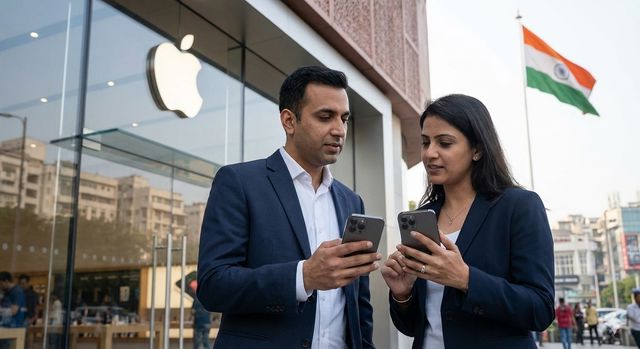UnitedHealth Group has officially confirmed a massive data breach involving Change Healthcare, affecting the personal and medical data of 190 million Americans. This breach, considered one of the largest in healthcare history, raises significant concerns about data privacy, cybersecurity vulnerabilities, and the growing threat landscape in the healthcare sector.
Breach Details and Scope
The cyberattack, which targeted Change Healthcare, a subsidiary providing healthcare billing and data services, compromised a vast amount of sensitive information, including:
- Personally Identifiable Information (PII): Names, addresses, Social Security numbers, and contact details.
- Medical Records: Patient treatment histories, insurance information, and billing details.
- Financial Data: Payment methods and transaction records related to healthcare services.
UnitedHealth acknowledged the breach after an extensive investigation, stating that attackers had gained unauthorized access to Change Healthcare’s internal systems, which store a significant portion of the U.S. healthcare ecosystem’s data.
Potential Impact and Risks
- Identity Theft & Fraud: Stolen personal information could be exploited for fraudulent activities such as opening financial accounts or filing false insurance claims.
- Regulatory Violations: Healthcare organizations are required to adhere to stringent regulations like HIPAA, and breaches of this scale may lead to substantial fines and legal actions.
- Reputational Damage: Healthcare providers relying on Change Healthcare’s services may face a loss of patient trust and operational disruptions.
UnitedHealth has reassured stakeholders that efforts are underway to mitigate the breach’s impact, including enhanced monitoring, data protection measures, and free credit monitoring services for affected individuals.
In response to the breach, UnitedHealth is implementing a comprehensive incident response plan:
- Containment Measures: Immediate actions were taken to isolate compromised systems and prevent further unauthorized access.
- Collaboration with Authorities: The company is working closely with cybersecurity experts, regulatory bodies, and law enforcement to assess the full impact.
- Communication Strategy: Affected individuals are being notified with instructions on how to protect their information.
- Enhancing Security Infrastructure: UnitedHealth is investing in advanced security technologies, including AI-driven threat detection and zero-trust security frameworks, to prevent future incidents.
Key Takeaways for the Healthcare Industry
This breach serves as a critical reminder for healthcare organizations to strengthen their cybersecurity posture by:
- Adopting a Zero Trust Security Model: Limiting access to sensitive data and ensuring continuous authentication.
- Regular Security Audits: Conducting frequent vulnerability assessments to detect and address potential weaknesses.
- Improving Incident Response Plans: Ensuring swift action to contain and mitigate cyber incidents effectively.
- Encrypting Sensitive Data: Both in transit and at rest, to prevent unauthorized access even in case of a breach.
The UnitedHealth data breach underscores the growing cybersecurity threats facing the healthcare industry and highlights the urgent need for organizations to enhance their security frameworks. As regulatory scrutiny increases, healthcare providers must proactively adopt advanced security measures to safeguard patient data and maintain trust.


